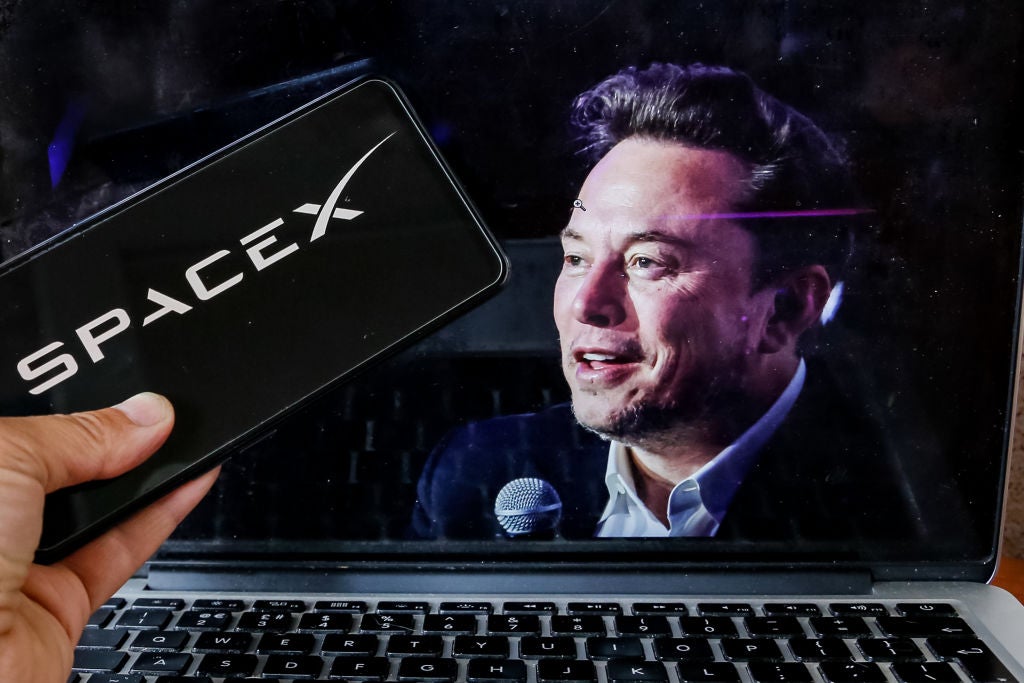
SpaceX’s Falcon 9 rocket’s second-stage engine suffered a malfunction in space during a Starlink mission on Thursday, ruining the company’s track record of successful launches over seven years.
The rocket’s second-stage engine failed to ignite and deployed 20 Starlink satellites much lower than intended, where they are now at risk of burning up in Earth’s atmosphere.

Access deeper industry intelligence
Experience unmatched clarity with a single platform that combines unique data, AI, and human expertise.
SpaceX CEO Elon Musk posted on X that trying to reginite the engine in space had “resulted in an enginee RUD for reasons currently unknown”.
RUD, standing for Rapid Unscheduled Disassembly, usually means explosion.
The failure has ruined the success streak of SpaceX, which is currently valued at around $200bn.
Musk said he was updating the software of Starlink’s satellites to force their thrusters to fire harder than usual, in an attempt to avoid the risk of burning up in the atmosphere.

US Tariffs are shifting - will you react or anticipate?
Don’t let policy changes catch you off guard. Stay proactive with real-time data and expert analysis.
By GlobalDataHowever, the CEO wrote that “unlike a Star Trek episode, this will probably not work, but it is worth a shot”.
The space economy could be worth as much as $1trn by 2030, according to GlobalData.
GlobalData’s Thematic Intelligence: The Space Economy report puts the value of the industry in 2022 at $450bn and suggests that it will see a compound annual growth rate of between 6% and 10% from then until 2030.







